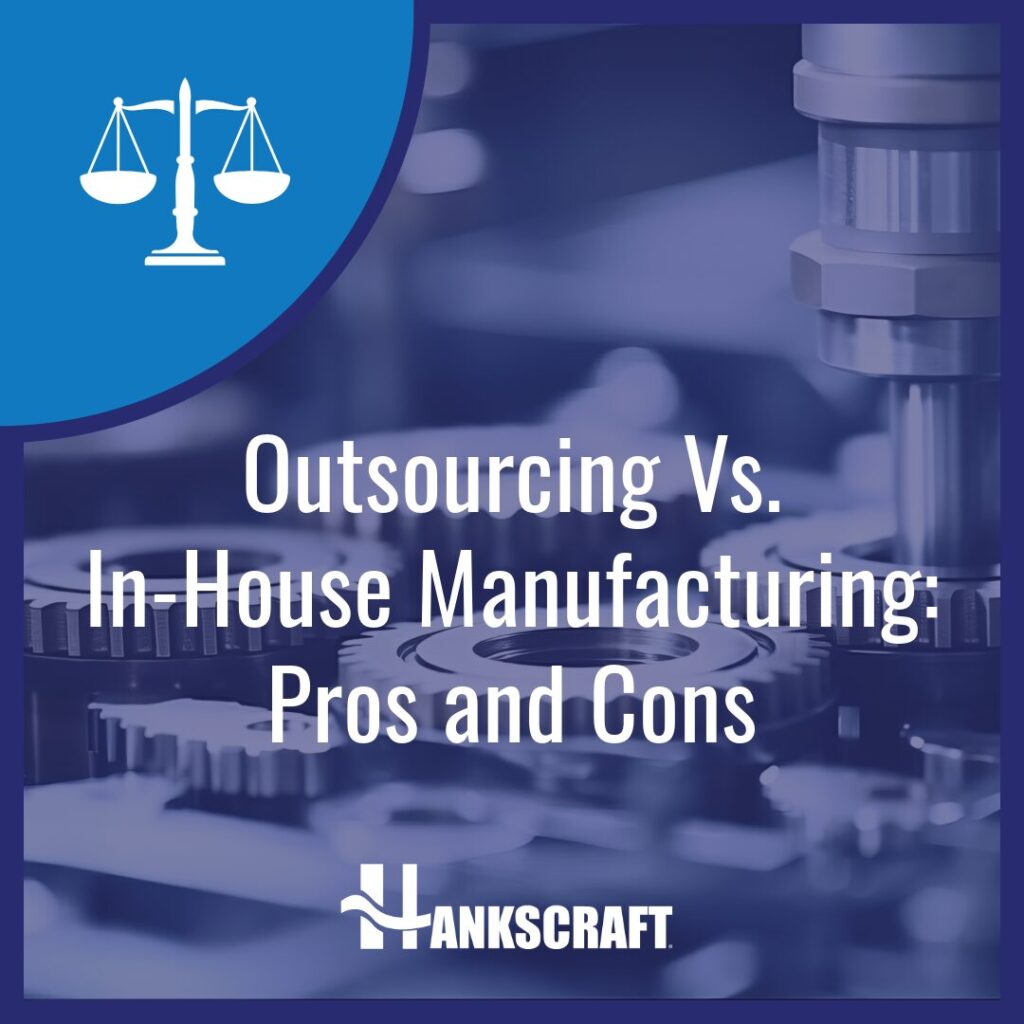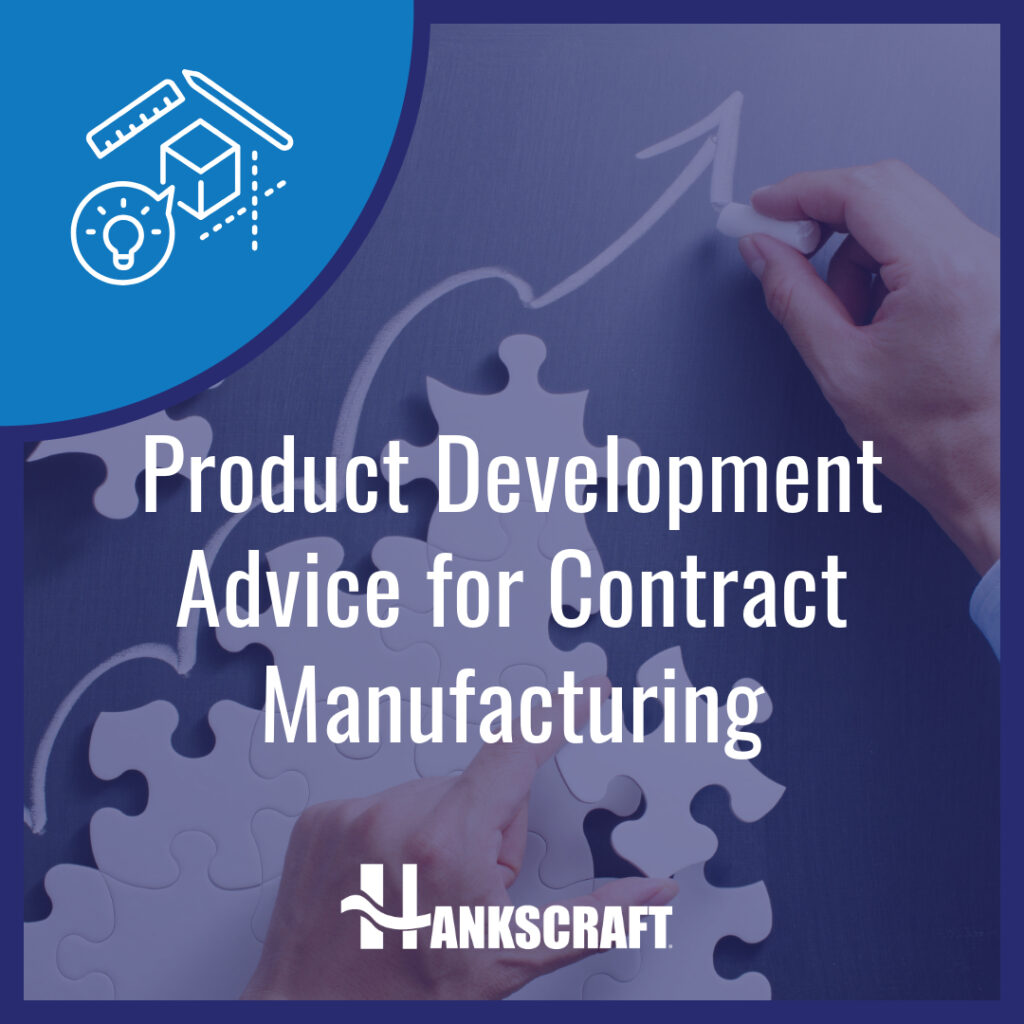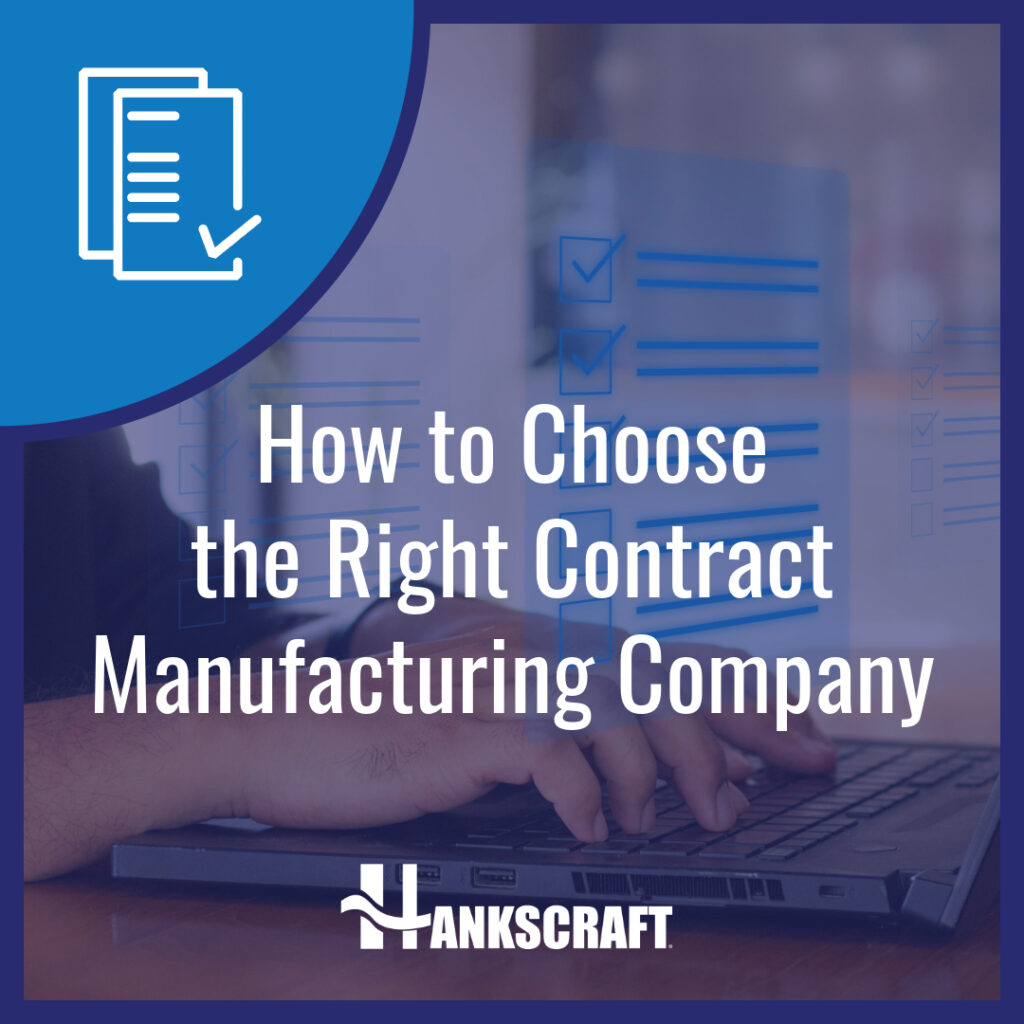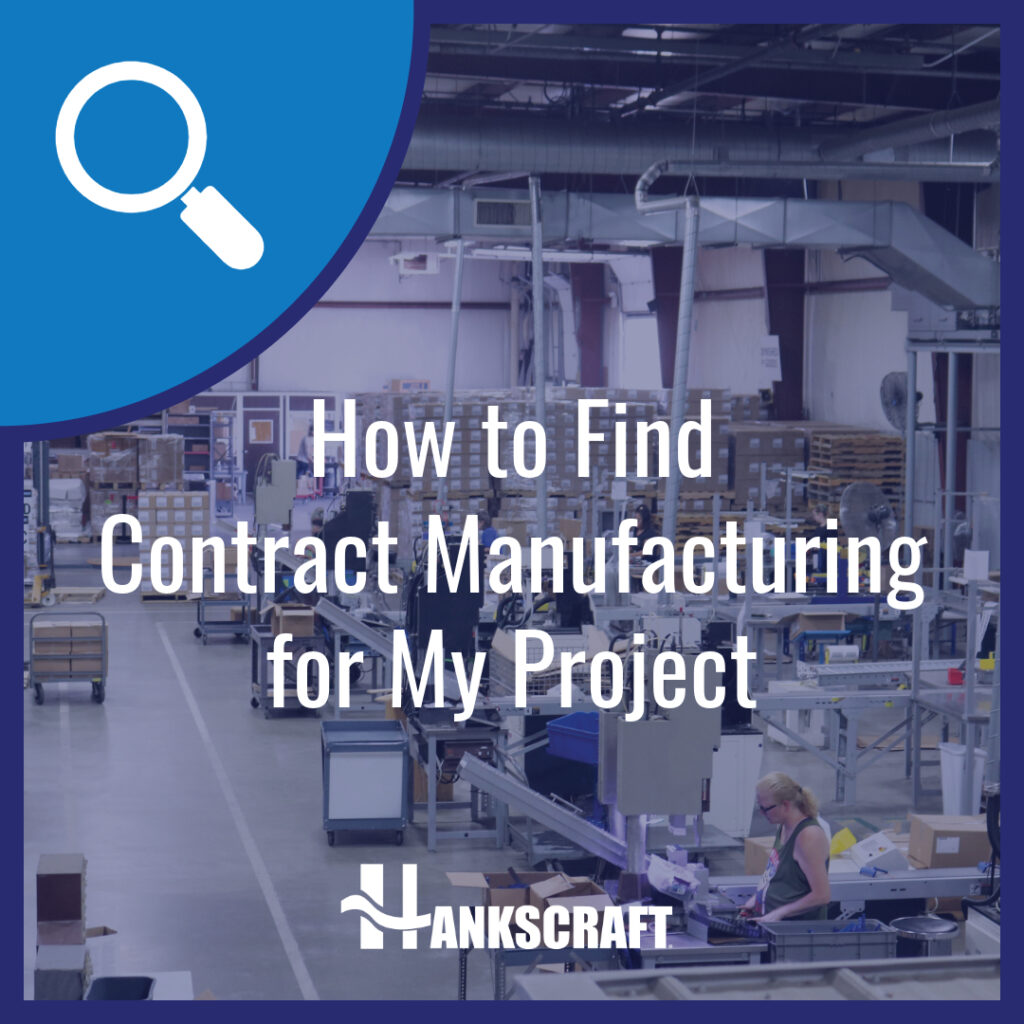The decision to outsource manufacturing involves many factors. It can impact everything from cost structures and supply chain management to scalability and product quality.
Let’s weigh the pros vs cons of contract manufacturing. Generally, it can be advantageous for some businesses and industries, while presenting challenges for others. Our aim is to help business owners, production managers, and decision-makers determine what is right for their business. Whether you’re considering third-party manufacturing, or simply seeking to learn more about it, this article is sure to help.
Understanding the Pros vs Cons of Contract Manufacturing
Contract manufacturing is where a company gives control of certain production activities to a skilled third party. This third party, known as a contract manufacturer, has the responsibility of producing parts or products according to the client’s needs. The client company retains control over the design and branding, while the manufacturer handles the actual production.
This allows companies to take advantage of the expertise, equipment, and skills of the contract manufacturer so they can focus on other business needs.
The Role of Contract Manufacturing in Modern Industry
In the current global economy, contract manufacturing holds a significant position. Statistics indicate that the value of this market will reach nearly $200 billion by 2026, and the annual growth rate is around 10%.
Firms can quickly adapt to market changes, scale production up or down, and utilize specialized manufacturing skills without large investment.
Contract manufacturing is revolutionizing the way products are introduced to the market, from electronics and healthcare to automotive and consumer products.
Pros vs Cons of Contract Manufacturing for Your Business
The decision to use a contract manufacturer should be strategic and based on a thorough evaluation of your business needs.
If your company is looking to increase production size, reduce costs, or access special manufacturing skills, contract manufacturing is a smart option.
However, it is important to weigh the potential benefits against the risks.
Pros of Contract Manufacturing
Contract manufacturing offers several advantages that can enhance a company’s competitive position.
These benefits range from cost savings and resource allocation to access to specialized expertise and technology.
Moreover, it can provide flexibility and scalability, allowing companies to respond swiftly to market changes.
Lastly, it can accelerate the speed to market, providing a significant competitive advantage.
Cost Savings and Resource Allocation of Contract Manufacturing
One of the primary benefits of contract manufacturing is cost savings.
By outsourcing production, companies can avoid the high cost of equipment, labor, and setting up and maintaining their own facilities. Since contract manufacturers often work on a larger scale, this lowers overall production costs.
Companies who outsource manufacturing may be able to use their resources more efficiently and instead focus on areas to keep the business and sales growing, such as research and development, marketing, and customer service.
Cost Efficiency of Contract Manufacturing
- Lower Production Costs
- Labor Cost Savings: Contract manufacturers often operate in regions with lower labor costs, allowing companies to benefit from reduced wages and overheads compared to domestic production.
- Economies of Scale: Contract manufacturers typically handle large production volumes for multiple clients, enabling them to achieve cost efficiencies that are passed on to their clients.
- Reduced Capital Expenditure
- No Need for Manufacturing Facilities: Companies do not need to invest in building or maintaining manufacturing plants, which can be capital-intensive.
- Less Investment in Equipment: Contract manufacturers already possess the necessary machinery and technology, eliminating the need for companies to purchase their own.
- Lower Supply Chain Costs
- Bulk Purchasing: Contract manufacturers can buy materials and components in bulk at lower prices due to their large production volumes.
- Logistics and Shipping Savings: Manufacturers often have established logistics networks, reducing shipping and handling costs.
Access to Specialized Expertise and Technology
Contract manufacturers often have specialized expertise and advanced technology that companies don’t.
By partnering with these manufacturers, companies can benefit from the latest manufacturing techniques without investing heavily in new technology.
According to a 2019 research study conducted by Contract Pharma and Nutraceuticals World, respondents said that the lack of resources/expertise was the #1 most important factor in their decision to outsource manufacturing (38%), following by cost savings (28%), and the ability to focus on other businesses (25%).
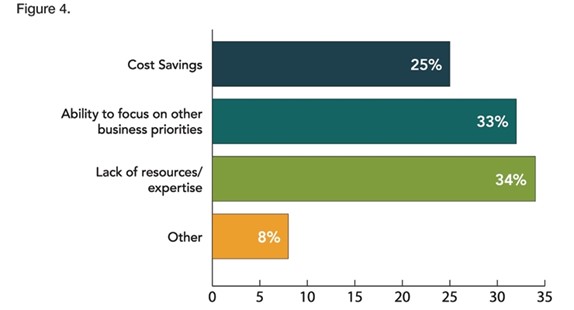
Hankscraft offers customers the advantage of working with an expert team of talented engineers, experienced project managers, and dedicated customer service staff. Contact us today to discuss your project needs and explore how Hankscraft can assist you. Our team acts as an extension of your team. We’re dedicated to providing personalized solutions and seamless project management. Let us simplify your workload and improve your project outcome.
Flexibility and Scalability
Contract manufacturing allows companies to scale production up or down, based on customer and market demands. This helps companies overcome fluctuating demand, new market conditions and customer requests. By working with a third-party manufacturer, companies can adjust their production, staying agile, competitive and efficient in their market.
Speed to Market and Competitive Advantage
With streamlined processes and on-demand resources, contract manufacturers can often bring products to market more quickly than in-house production.
This speed to market can provide a significant competitive advantage, allowing companies to respond swiftly to market trends and customer demands.
Cons of Contract Manufacturing
While contract manufacturing offers many benefits, it also comes with potential drawbacks.
These disadvantages might include quality control issues, intellectual property risks, loss of control, communication challenges, and strategic risks. It’s crucial for companies to weigh these potential downsides against the benefits.
Understanding these risks can help companies make informed decisions and implement strategies to mitigate these challenges.
Potential Quality Control Issues
One of the main concerns with contract manufacturing is maintaining product quality.
When production is outsourced, companies may have less control over the manufacturing process, which can lead to potential challenges. Maintaining quality standards or implementing changes may be more difficult because of contractual agreements and other legal obstacles.
Hankscraft is experienced in setting up processes and procedures to help customers avoid quality challenges. With clear communication styles and transparent project management, you’ll keep a pulse on product quality, even with global manufacturing arrangements.
Intellectual Property Risks
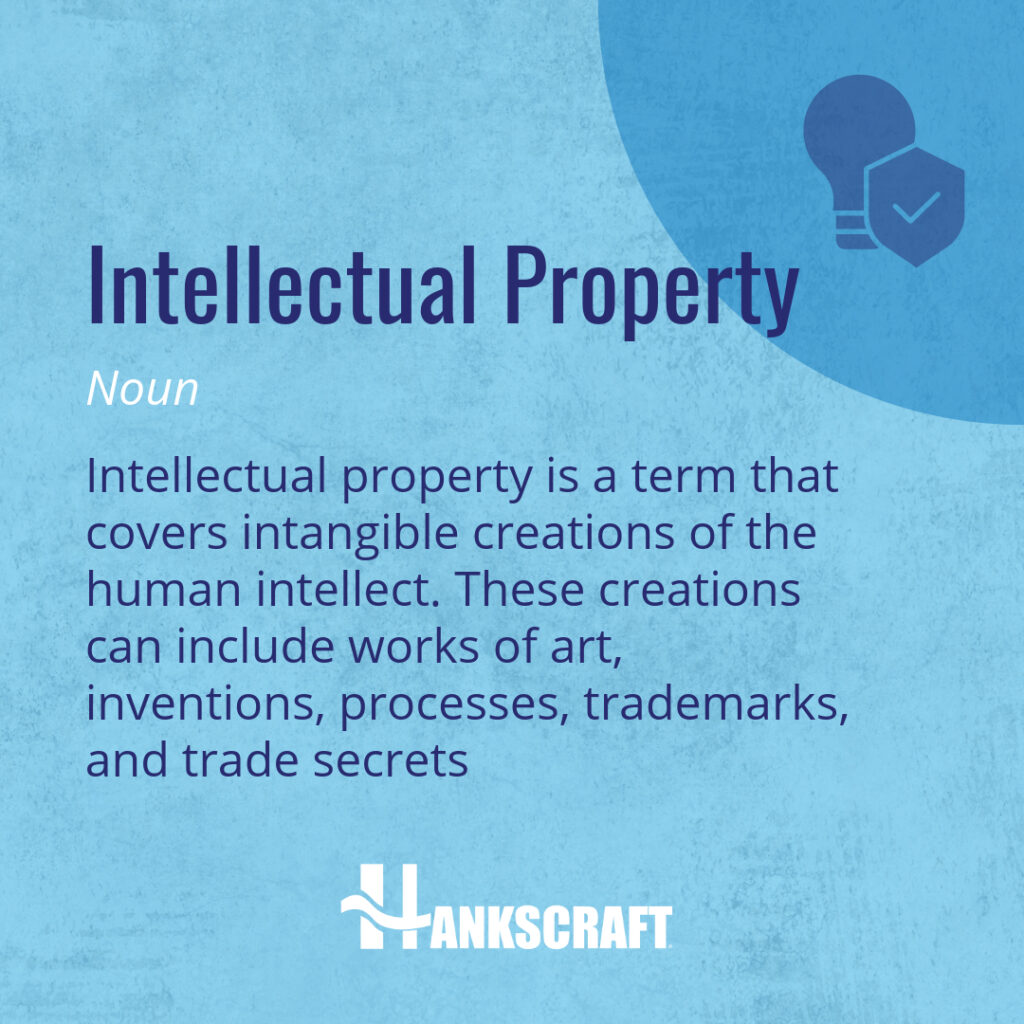
Contract manufacturing can also pose risks to a company’s intellectual property.
When sharing designs and other confidential information with a contract manufacturer, there’s a risk that this information could be misused or leaked. Ensuring strong legal agreements and intellectual property protections are in place is best to mitigate this risk.
Hankscraft maintains the highest standard of privacy and protection for the entire lifespan of customer programs. By maintaining a detailed scope of work, and establishing non-disclosure agreements, we ensure trust and success with our valued customers.
Loss of Control and Communication Challenges
Outsourcing production means giving up some control over the manufacturing process. This can lead to potential issues with quality control, production schedules, and confidentiality. Additionally, time zone differences, language barriers, and cultural differences can result in misunderstandings and delays.
Maintaining a good relationship and clear communication with the contract manufacturer is essential to minimize these risks.
Hankscraft provides exceptional communication and connection to your project through our trusted team of local engineers and project managers. Conveniently headquartered in Reedsburg, Wisconsin, USA, our professional staff is equipped to handle all the complex communication and manufacturing management, even on a global scale. This opens the door for our customers to global manufacturing resources, without sacrificing the convenience of local contract manufacturing.
Dependency and Strategic Risks
Relying on a contract manufacturer can lead to dependency, which can pose strategic risks.
If the contract manufacturer encounters problems, like financial struggles, supply chain issues, or labor strikes, it can directly impact the company.
Hankscraft maintains a vast global network of trusted vendor partners to help mitigate your risk for dependency challenges.

Project Management in Contract Manufacturing
Project management plays a crucial role in contract manufacturing. This job involves making sure the manufacturing process has a proven and clearly defined path to success, follows customer goals and meets quality standards.
Effective project management can help mitigate some of the possible risks for contract manufacturing.
Ensuring Alignment with Business Objectives
One of the key aspects of manufacturing project management is ensuring that the contract manufacturing process aligns with the company’s business objectives.
This involves setting clear expectations and goals for the contract manufacturer and regularly reviewing their performance.
Alignment and expectations are a key step to Hankscraft’s contract manufacturing process; In fact, it’s step number one in a 10-step involvement plan that lays out the stages of your product development. We make it our mission to deliver a solution that meets your expectations.
Quality Assurance and Continuous Improvement
Quality assurance is another critical aspect of manufacturing project management.
This means putting systems in place to check and manage the quality of the products made by the manufacturer.
Hankscraft’s global manufacturing facility is ISO 9001:2015 certified, which reflects our commitment to quality management and continuous improvement.
Communication and Relationship Management
Effective communication and relationship management are also essential in contract manufacturing.
This involves maintaining regular communication with the contract manufacturer, resolving any issues promptly, and fostering a positive working relationship.
Selecting the Right Contract Manufacturer
Choosing the right contract manufacturer is a critical decision that can greatly impact your business.
It requires careful consideration of various factors, including the manufacturer’s capabilities, quality standards, and alignment with your business objectives. You should also assess their quality control systems, production capacity, and their ability to meet your delivery schedules when calculating the pros vs cons of contract manufacturing.
The selection process should be thorough and systematic to ensure that you choose a partner who can meet your needs and contribute to your business success.
The Importance of Due Diligence and Vetting
Due diligence and vetting are crucial steps in the selection process when weighing the pros vs cons of contract manufacturing options.
This involves verifying the manufacturer’s credentials, checking references, and visiting their facilities to assess their operations and quality control systems.
Establishing a Successful Partnership
Establishing a successful partnership with a contract manufacturer requires clear communication, mutual trust, and a shared commitment to quality and performance.
To ensure a successful partnership, it is important to set clear expectations, establish performance metrics, and maintain regular communication.
Learn More
Download your free PDF resource
Ensure you’re equipped with the essential questions for your upcoming meetings. Don’t miss out on this valuable resource to help you make informed decisions and find the perfect manufacturing partner for your project.

